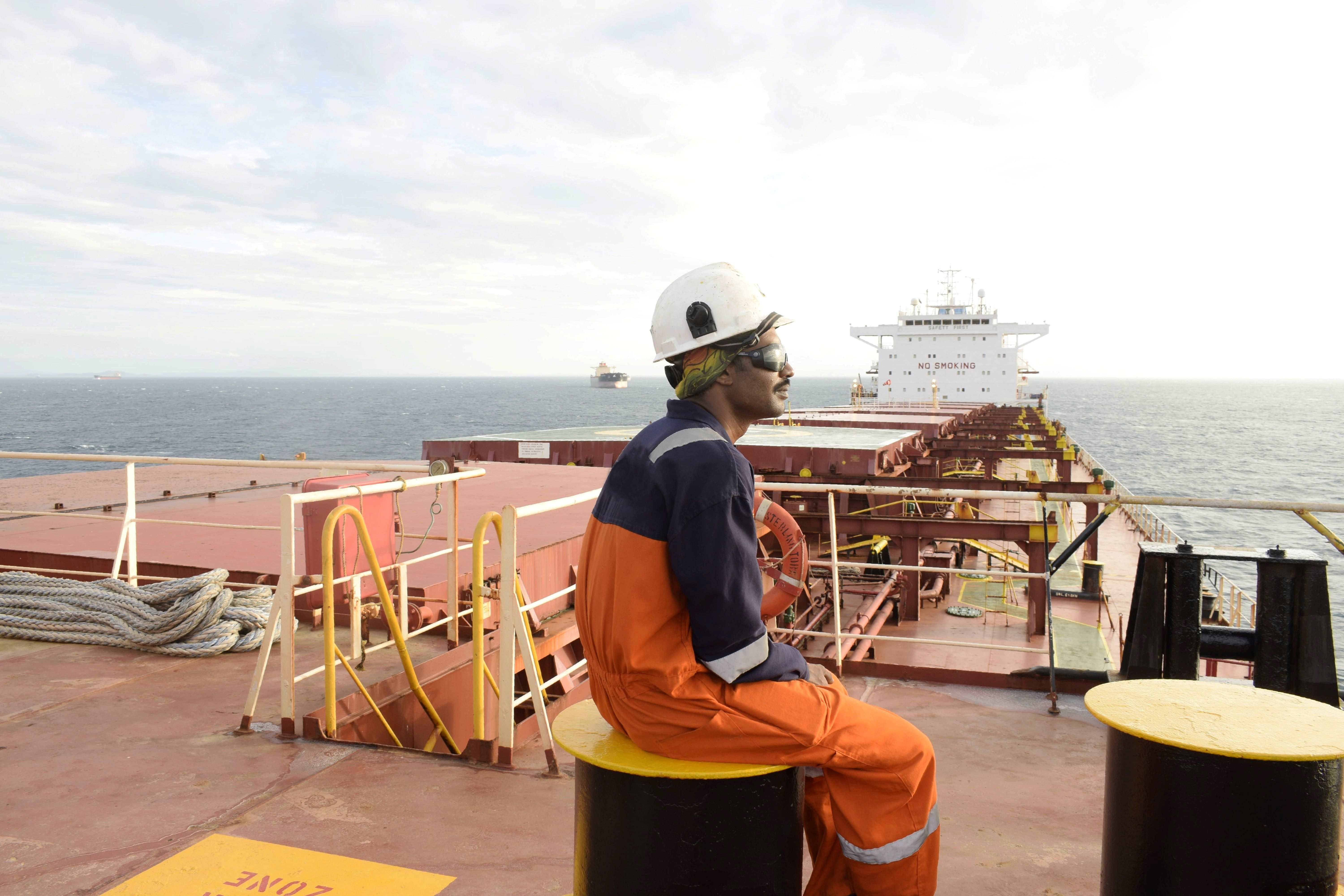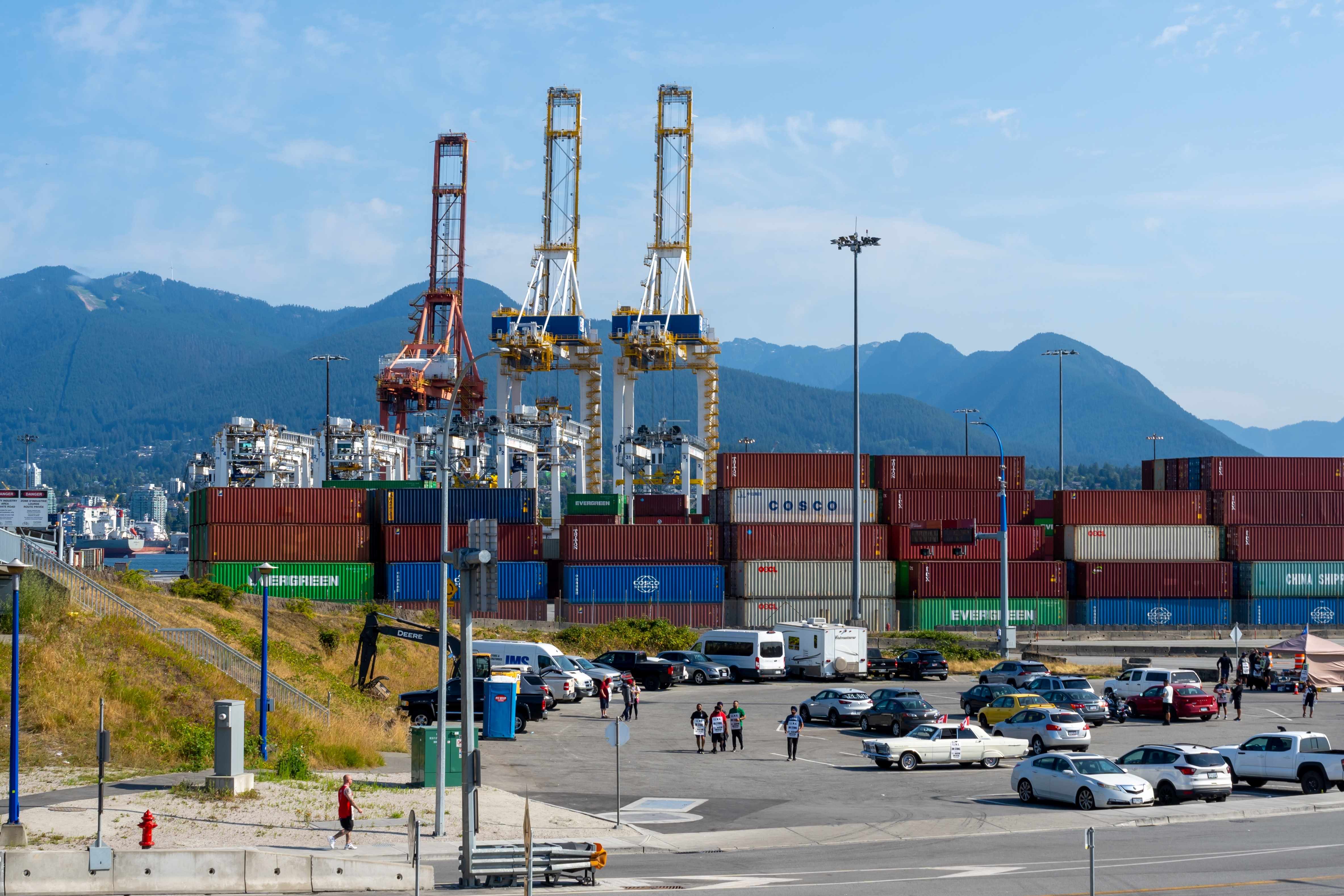Leadership Insights series: Seafarer Health & Wellbeing

Leadership Insights series: Seafarer Health & Wellbeing
In the latest Leadership Insights webinar, maritime and medical experts came together to discuss seafarer health and wellbeing, and what can be done to safeguard seafarers and make sure they are prepared for medical emergencies on board ships.
This webinar coincides with the publication of the International Medical Guide for Seafarers and Fishers. You can read more about the guide here.
Mental health must be a priority
It came through loud and clear that safeguarding seafarers’ mental health should absolutely be a priority for the industry. John Adams (senior advisor at V Ships, Chairman of Bahamas Shipowners Association and ICS Board Member) highlighted that the Covid-19 pandemic compounded mental health issues, and Dr Robert Verbist (acting president International Maritime Health Association) emphasised the need for training around psychology, referring to the benefits he has seen when there is early involvement from mental health professionals.
Although it was clear that all speakers were in agreement on the importance of looking after mental health, Dr Adrienne Buggs (medical technical advisor United States Coast Guard’s Office of Merchant Mariner Credentialling) raised the important point that, in society in general, conversations around mental health are still difficult to have; a challenge worth bearing in mind.
Failing to prepare means preparing to fail
All speakers were in agreement that preparation is key to being able to handle medical emergencies to achieve the best possible outcome.
Flavia Pompa-Mellilo (VP, global head of claims processes, Skuld) spoke from a P&I club perspective about the importance of pre-employment medical checks. This was echoed by Dr Robert; sometimes these checks are the only time seafarers get to see a doctor, find out if they have any underlying illnesses and receive appropriate treatment.
Dr Adrienne focused on the need for seafarers to be appropriately trained to give medical care for both physical and mental illnesses. Having access to easy-to-follow guidelines that are appropriate to the medicines and equipment that seafarers have at their disposal is key to providing effective medical treatment, and telemedicine support will allow greater chance of success in emergency and post-emergency care.
In addition, addressing general wellness was a concern amongst speakers. Flavia drew attention to incidents of collisions and grounding resulting from seafarers falling asleep in the bridge, and how more needs to be done to make sure seafarers are rested. Dr Robert stressed the need to pay attention to proper nutrition, hydration and fitness to make sure seafarers stay well.
Global standards for a global industry
When answering the question what do seafarers need for medical emergencies, Dr Adrienne’s answer highlighted that international medical guides must be available to help build the medical chest that seafarers can draw on, and that the guide must be practical, portable and easy to understand.
John questioned how we can reach the people who are not attending these webinars, the people who are not currently engaged with this topic. Health and wellbeing isn’t a priority for some across the industry due to the global nature of shipping, influenced by differing values, ethics and standards.
This is despite, as Flavia said, shipowners having legal responsibilities to seafarer health and wellbeing through the Maritime Labour Convention.
To rewatch the webinar please click here.
You can find out more about the International Medical Guide for Seafarers and Fishers by clicking here.
Related content

Seafarer wellbeing under threat amid geopolitical conflict

Summer of strikes in US and Canadian ports offer lessons for shipping

Cautious optimism as UAE bucks abandonment trend
